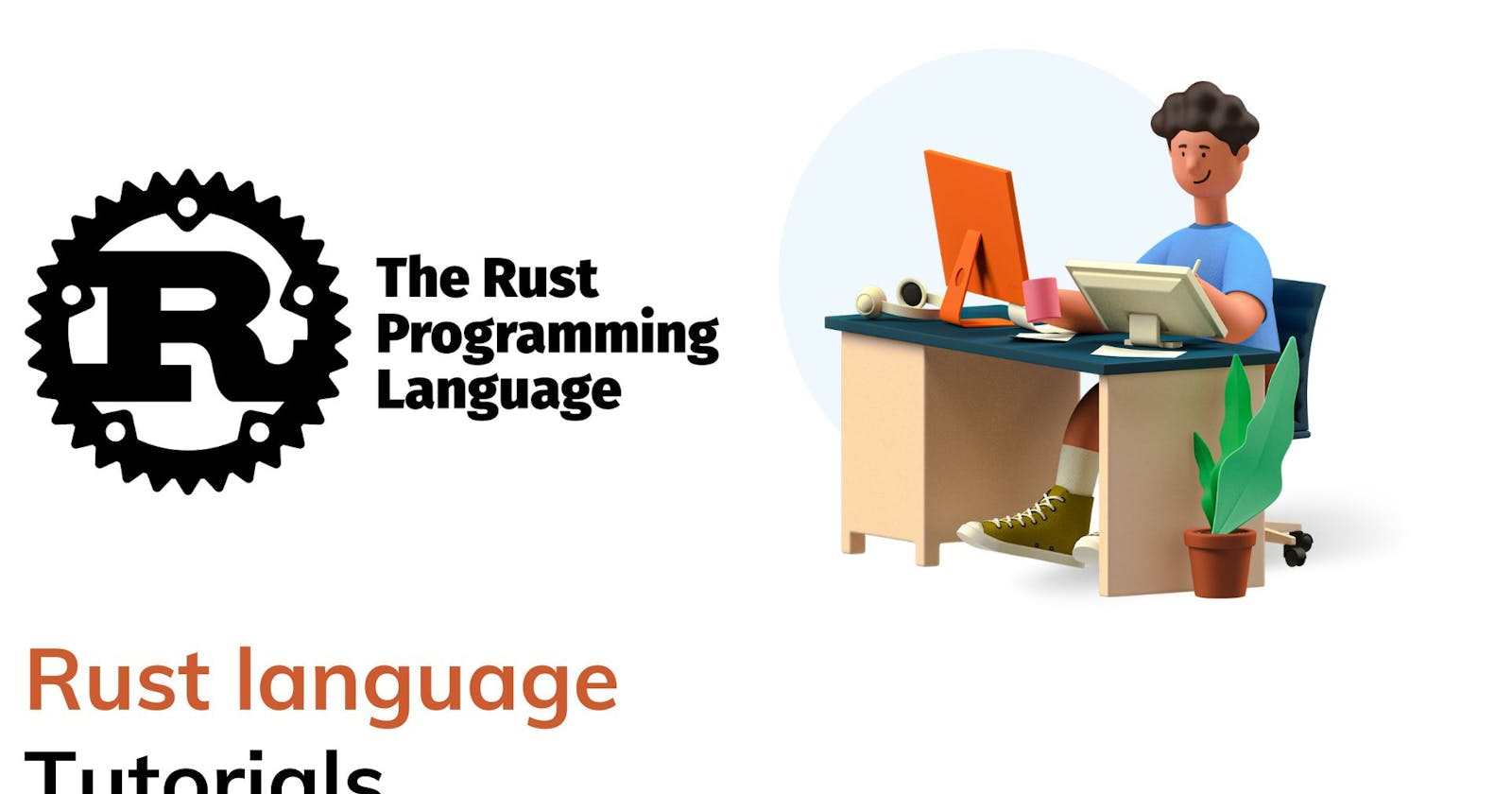Introduction:
Regular expressions (regex) and pattern matching are essential tools for working with textual data. Rust provides robust support for regex and powerful pattern-matching capabilities, allowing you to efficiently search, extract, and manipulate strings. In this article, we will explore regex and pattern matching in Rust, highlighting their usage and demonstrating their benefits.
Regex in Rust:
Regex enables you to define search patterns using a concise syntax. Rust's regex crate provides a convenient API for working with regex patterns. Let's delve into some examples:
use regex::Regex;
fn main() {
let text = "Hello, world! Rust is awesome.";
let pattern = r"Rust";
let regex = Regex::new(pattern).unwrap();
if regex.is_match(text) {
println!("Found a match for pattern '{}'", pattern);
}
}
In the code snippet above, we import the Regex struct from the regex crate. We define a text string and a regex pattern. We then create a regex object by calling Regex::new() with the pattern. The is_match() method checks if the regex pattern matches the given text, and if so, we print a match message.
Regex Pattern Extraction:
Regex is not limited to just matching; it allows you to extract specific parts of a string based on patterns using capture groups.
use regex::Regex;
fn main() {
let text = "My email is john@example.com";
let pattern = r"([a-zA-Z0-9_.+-]+)@([a-zA-Z0-9-]+\.[a-zA-Z0-9-.]+)";
let regex = Regex::new(pattern).unwrap();
if let Some(captures) = regex.captures(text) {
if let Some(email) = captures.get(0) {
println!("Email: {}", email.as_str());
}
if let Some(username) = captures.get(1) {
println!("Username: {}", username.as_str());
}
if let Some(domain) = captures.get(2) {
println!("Domain: {}", domain.as_str());
}
}
}
In this example, we use regex to extract the email address, username, and domain from a given string. The regex pattern uses capture groups (()) to define the parts of interest. We iterate through the captures using the captures() method and retrieve the matched portions using the get() method.
Pattern Matching in Rust:
Pattern matching is a powerful feature in Rust that allows you to destructure and match values against patterns. It is commonly used with enums and structs to perform conditional branching based on different cases.
enum Message {
Greeting(String),
Farewell(String),
Info,
}
fn process_message(message: Message) {
match message {
Message::Greeting(name) => println!("Hello, {}!", name),
Message::Farewell(name) => println!("Goodbye, {}!", name),
Message::Info => println!("This is an informational message."),
}
}
fn main() {
let message1 = Message::Greeting("Alice".to_string());
let message2 = Message::Farewell("Bob".to_string());
let message3 = Message::Info;
process_message(message1); // Output: Hello, Alice!
process_message(message2); // Output: Goodbye, Bob!
process_message(message3); // Output: This is an informational message.
}
In the example above, we define an enum Message with three variants. We create instances of the enum and use pattern matching in the process_message() function to handle each variant accordingly. The appropriate message is printed based on the matched variant.
Conclusion:
Regex and pattern matching are powerful tools that enable you to work with textual data efficiently in Rust. The regex crate provides a convenient API for defining and working with regex patterns, allowing you to match, search, and extract information from strings. Pattern matching, on the other hand, allows you to destructure and match values against patterns, facilitating conditional branching and data manipulation.
By leveraging regex and pattern matching in your Rust programs, you can handle complex string operations and data transformations with ease. Experiment with different patterns, explore the capabilities of regex, and apply pattern-matching techniques to make your code more expressive and robust. Happy coding in Rust!
I hope this helps, you!!
More such articles:
https://www.youtube.com/@maheshwarligade
\==========================**=========================
If this article adds any value to you then please clap and comment.
Let’s connect on Stackoverflow, LinkedIn, & Twitter.

